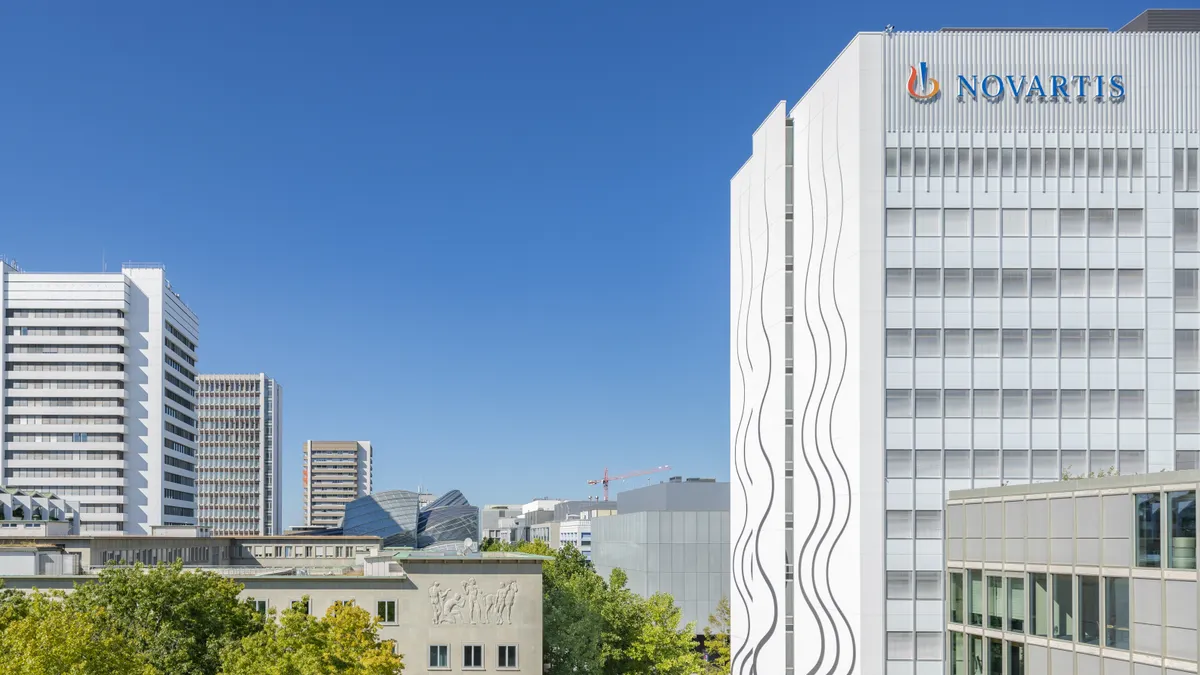Chinook Therapeutics ranks among Versant Ventures’ most successful biotechnology bets.
The kidney disease drug developer, which Versant founded in 2019 and went public one year later, was bought by Novartis last summer for $3.5 billion.
The acquisition gave Novartis a drug that, soon after the deal, succeeded in Phase 3 testing for a condition known as IgA nephropathy. U.S. regulators are now reviewing it for a possible approval.
Novartis and Versant hope to replicate Chinook’s success with Borealis Biosciences, a new biotech they partnered to launch Thursday with more than $150 million in combined venture and research funding. Along with Series A financing, Borealis could receive up to $100 million in upfront and near-term payments from Novartis under a research collaboration aimed at advancing kidney disease treatments.
Unlike Chinook, Borealis will focus on RNA-based medicines, which Jerel Davis, a manager director at Versant, said hold promise for reaching new targets within organs like the kidney.
Though some of that research could have been done in a pharmaceutical lab setting at Novartis, Borealis’ backers chose to build a startup around the science instead.
“Both us and Novartis recognize that if we want to really push the boundaries of this new field of RNA medicines for kidney disease, that's best done within a biotech setting, and it’s best done by letting this proven team have clear scope and resources to tackle this field,” Davis said.
Several important members of Chinook’s R&D team have joined Borealis, according to Versant. Davis will lead the company as it searches for a chief executive officer. The company will operate with a staff of 25 based at Chinook’s former research facility in Vancouver, Canada.
Borealis sees opportunity to target subsets of kidney disease, building off of early research at Chinook. “You almost need a Google Maps for the kidney to know exactly where you need to go for various diseases, and that's what the Borealis team has,” Davis said.
The company is not yet disclosing specifics about which targets it is pursuing.
“We are delighted to work with Versant on a partnership that exemplifies creative, collaborative deal-making to enable the launch of this innovative biotech,” Fiona Marshall, president of biomedical research at Novartis, said in a statement.
Under terms of the research collaboration, Novartis will have options to acquire two programs from Borealis, and could pay up to $750 million in additional clinical and regulatory milestone fees.
The creation of Borealis follows a similar model to SixPeaks Bio, which Versant launched in the spring with an option to sell to AstraZeneca. This so-called “build-to-buy” model — when pharma companies are given the option to acquire a startup or its assets in return for investment — was more common in the early 2010s than in recent years.
Versant previously launched another company this year, a startup named Santa Ana Therapeutics. That company is focused on studying what Davis described in June as “anger management for the immune system.”















